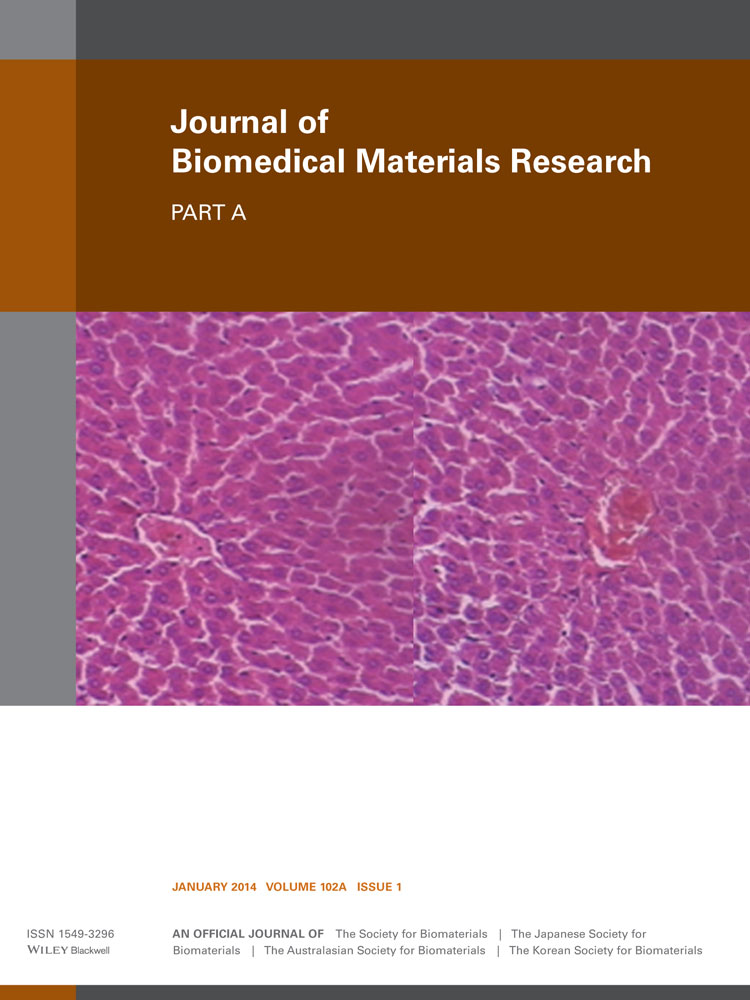Titanium surface hydrophilicity modulates the human macrophage inflammatory cytokine response
Abstract
Increased titanium surface hydrophilicity has been shown to accelerate dental implant osseointegration. Macrophages are important in the early inflammatory response to surgical implant placement and influence the subsequent healing response. This study investigated the modulatory effect of a hydrophilic titanium surface on the inflammatory cytokine expression profile in a human macrophage cell line (THP-1). Genes for 84 cytokines, chemokines, and their receptors were analyzed following exposure to (1) polished (SMO), (2) micro-rough sand blasted, acid etched (SLA), and (3) hydrophilic-modified SLA (modSLA) titanium surfaces for 1 and 3 days. By day 3, the SLA surface elicited a pro-inflammatory response compared to the SMO surface with statistically significant up-regulation of 16 genes [Tumor necrosis factor (TNF) Interleukin (IL)-1β, Chemokine (C-C motif) ligand (CCL)-1, 2, 3, 4, 18, 19, and 20, Chemokine (C-X-C motif) ligand (CXCL)-1, 5, 8 and 12, Chemokine (C-C motif) receptor (CCR)-7, Lymphotoxin-beta (LTB), and Leukotriene B4 receptor (LTB4R)]. This effect was countered by the modSLA surface, which down-regulated the expression of 10 genes (TNF, IL-1α and β, CCL-1, 3, 19 and 20, CXCL-1 and 8, and IL-1 receptor type 1), while two were up-regulated (osteopontin and CCR5) compared to the SLA surface. These cytokine gene expression changes were confirmed by decreased levels of corresponding protein secretion in response to modSLA compared to SLA. These results show that a hydrophilic titanium surface can modulate human macrophage pro-inflammatory cytokine gene expression and protein secretion. An attenuated pro-inflammatory response may be an important molecular mechanism for faster and/or improved wound healing. © 2013 Wiley Periodicals, Inc. J Biomed Mater Res Part A: 102A: 60–67, 2014.




